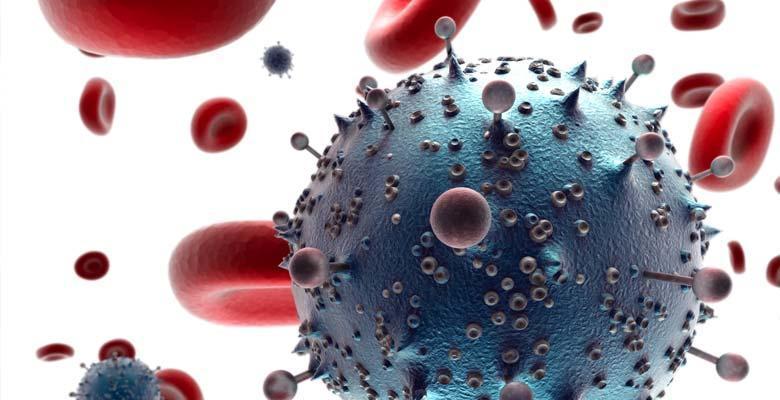Reserch paper
Feedback: This is your adverse effect of having sex with an infected person, this is what you need to talk about and how the disease affects the person that gets it.
Adverse outcome
There is one adverse outcome of having HIV. which is AIDS. According to CDC, HIV stands for human immunodeficiency virus. It is the virus that can lead to acquired immunodeficiency syndrome or AIDS if not treated.

Figure 3: HIV virus in bloodstream [Digital image]. (n.d.)
Unlike some other viruses, the human body can’t get rid of HIV completely, even with treatment. So, once you get HIV, you have it for life. It can spread through certain body fluids that attacks the body’s immune system, specifically the CD4 cells, often called T cells. Over time, HIV can destroy so many of these cells that the body can’t fight off infections and disease. These special cells help the immune system fight off infections. Untreated, HIV reduces the number of CD4 cells (T cells) in the body. This damage to the immune system makes it harder and harder for the body to fight off infections and some other diseases. Opportunistic infections or cancers take advantage of a very weak immune system and signal that the person has AIDS (CDC, 2016).
Apart from lowering the immune system of such persons the virus results in too many undesirable effects. For instance, a person suffering from the disease may die impacting negatively on both the family and the country’s economy at large. The death of an individual in a family may cause trauma to those left behind, especially if the person was the breadwinner or the only member of the family left to take care of the rest. HIV also impacts negatively on the economy as an individual may not be able to support himself and his family financially because the virus weakens the body cells responsible for immunity provision leaving the individual weak for work. The following is a discussion of the adverse outcome of HIV among the truck drivers in India and the existing likability.



